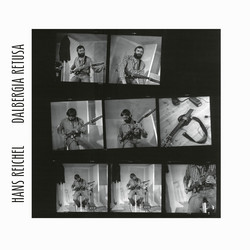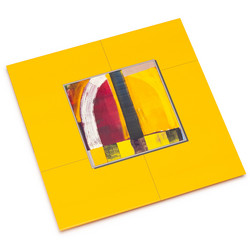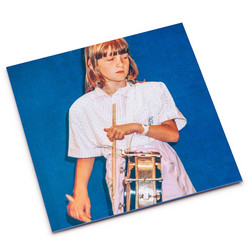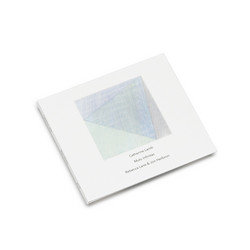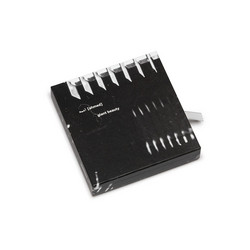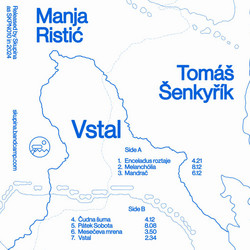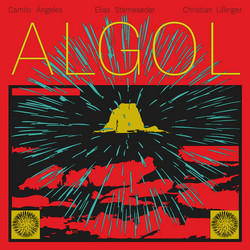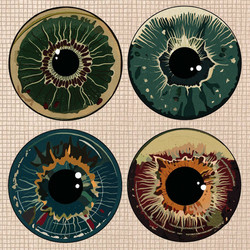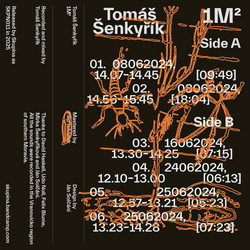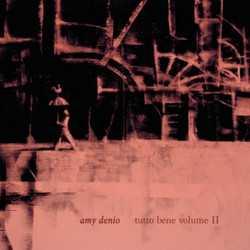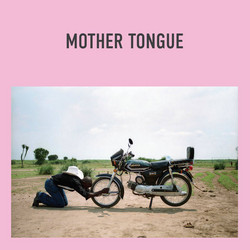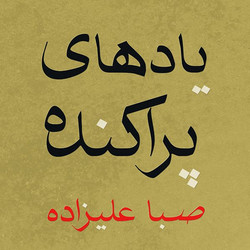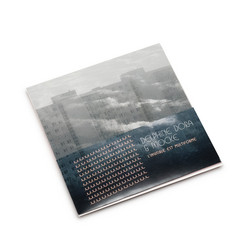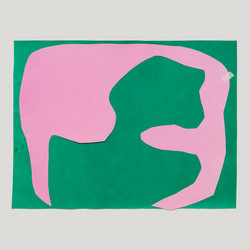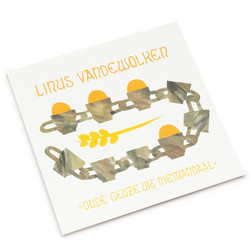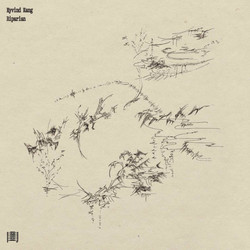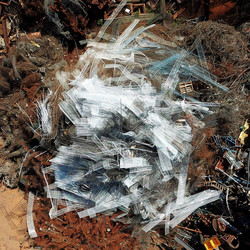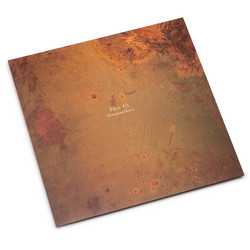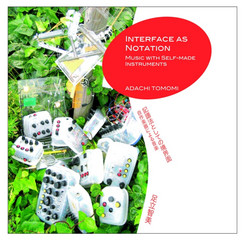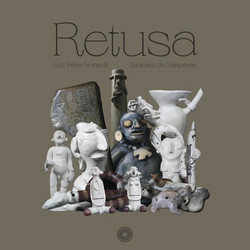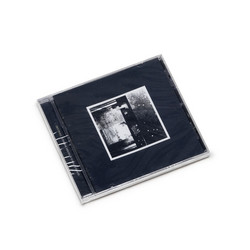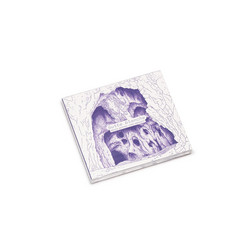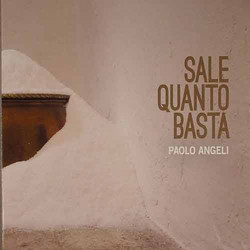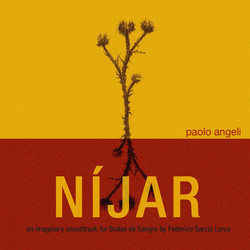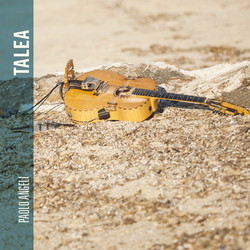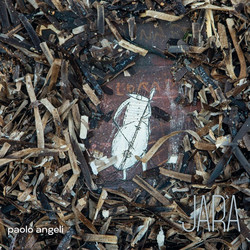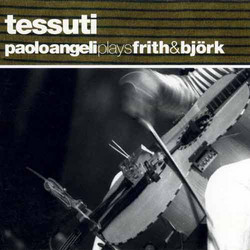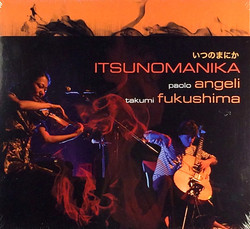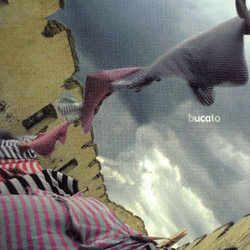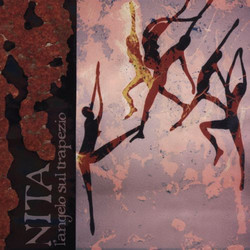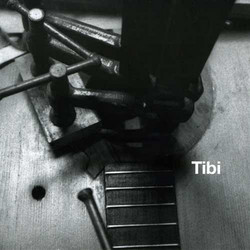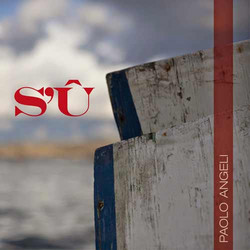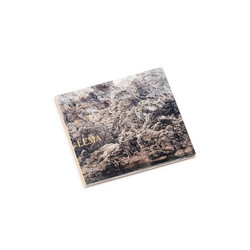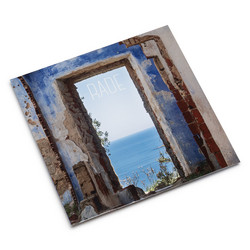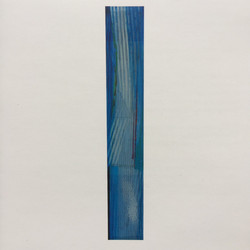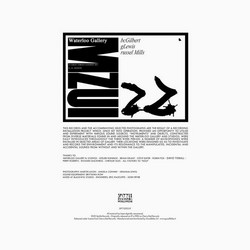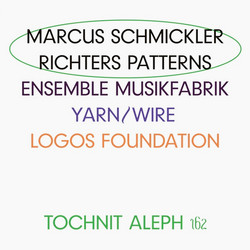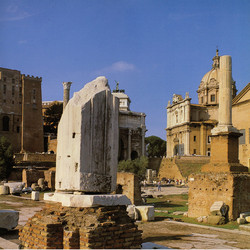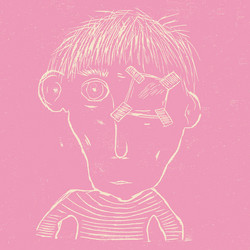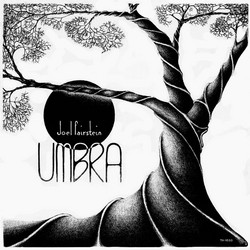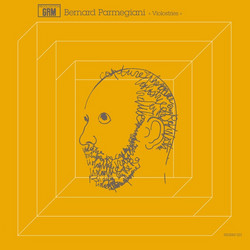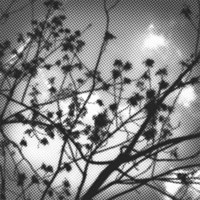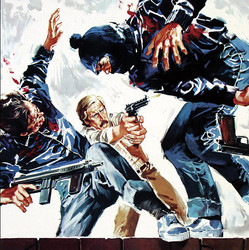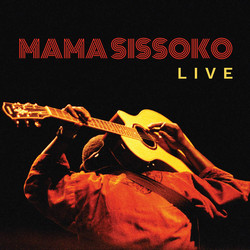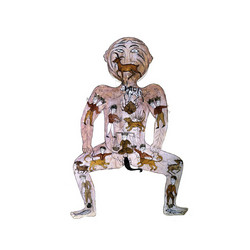In the Minoan culture of Crete, the sea was seen as a transitional zone to reach the afterlife. The sun reflected on the water took on the features of a path to follow in order to be reborn into a new life. Angeli crosses this place of passage, leaving behind granite for a sweeping lava-like transformation. While Lema passes through the concept of loss, within the space of his guitar-orchestra, the Sardinian musician celebrates an album that embraces both tradition and musical countercultures, confirming a stylistic signature that makes him unique. His fourteenth solo work- recorded in Sitges (Spain) at Dave Bianchi’s Silo Studio and mastered in Cagliari by Marti Jane Robertson – is a suite spanning over 46 minutes and tracing new musical routes while evoking the sounds Angeli has accustomed us to over time-captures a moment of great creativity for the Gallurese musician, fresh from an exhilarating U.S. tour of 16 concerts in 19 days.
Lema (Spanish for "motto" or "slogan") is a direct synthesis, capable of embracing the complexity of a musical thought unbound by genre, in which Paolo Angeli develops thirty years of coexistence with the prepared Sardinian guitar. Even though Angeli has already introduced us to the arrangement possibilities offered by his orchestra-instrument, in the track Sciumara one gets the impression that the music is being played by a full instrumental ensemble rather than a soloist. The album is an authoritative self-portrait. The separation from a deep emotional bond becomes a catalytic element that led to the birth of the album in just a few months. By capturing this ancient, dawn-like moment, Lema serves to process and be reborn. It's divided into two sections. The first is a long suite structured in three parts, depicting a journey and circumnavigation that describes an imaginary geographic element, a reflection on the natural meeting of fresh and salt water at an estuary, the detachment, the departure, and the revisiting of places—inevitably changed from how they were left—before ending up in unexplored territories. The journey flows through the experimental psychedelia of Periplo, the flamenco influences of Sciumara (on a harmonic texture reminiscent of Faber), and the complex narrative structure of Maví (the album’s iconic piece, synthesizing all the poetic threads Angeli has explored throughout his career).
The second part develops through independent episodes, zooming in on distinct poetic areas. Side B turns towards the Middle East, with the flavor of Azafrán introducing the poignant Nakba, a Gallurese version of Refaat Alareer’s “If I Must Die.” The album continues with the progressive textures of Conca Entosa and concludes with a return home, among fragmented Sardinian melodies—literally torn apart—in Ramadura. After a flow of post-punk improvisation, the final "sorbet" comes with Sun Ra, a direct dedication to the great free jazz visionary. The two parts of the suite (corresponding to the two sides of the vinyl) are accompanied by double artwork (art by Manuche, photos by Manuche and Nanni Angeli): images of rock that testify to the passage of time—a synthesis of how external elements shape human geographies and redefine their contours. Lema tells of a different Mediterranean, one that doesn’t yield to post-colonial folklore, where a temporary weave and a post-rock-like defiance emerge.
The album—performed solo, without overdubs or the use of a looper—is a dialogue between Angeli and his new guitar (crafted by Micheluttis luthiery and developed by Oran Guitars). Perhaps it’s the synergy with the new artisans involved in crafting the instrument that allowed for an opening to sonic realms unexplored in previous works. But it is the voice that takes the lead role—at times transfigured, at times in its crystal-clear freshness—moving by subtraction, evoking sayings from a distant time. The lyrics are drawn from Gallurese folk poetry of the 18th and 19th centuries (Don Baignu Pes, Petr’Alluttu) to the poetic duels of the 20th century in Logudorese (Antoni Cubeddu). As already mentioned, there is also a Gallurese translation of the Palestinian poem If I Must Die and excerpts from contemporary poet Alberto Masala. Extracting verses from their original poems and placing them in a contemporary musical framework triggers new meanings—sometimes revealed, sometimes suspended—like images emerging from paper in a darkroom.
